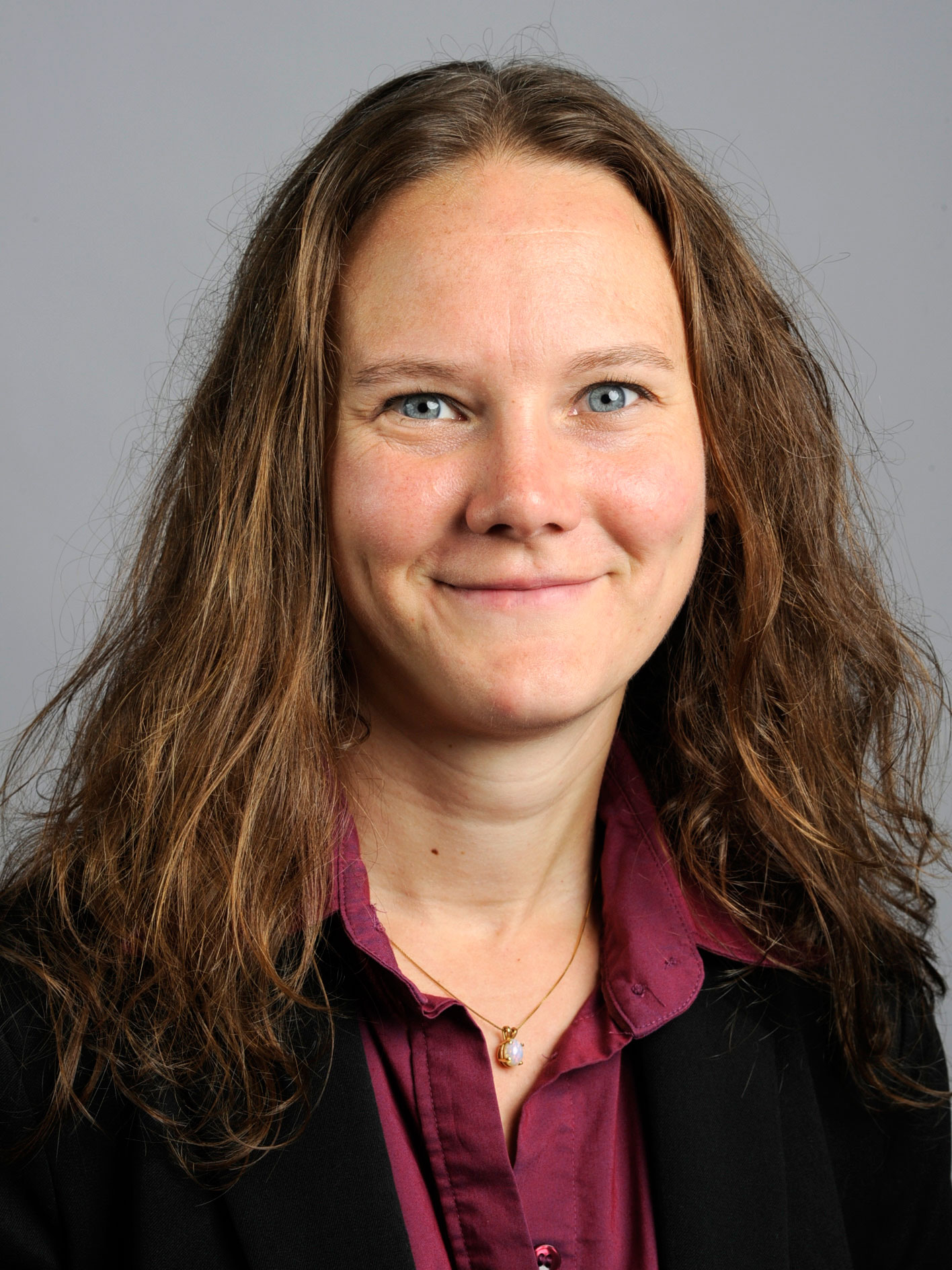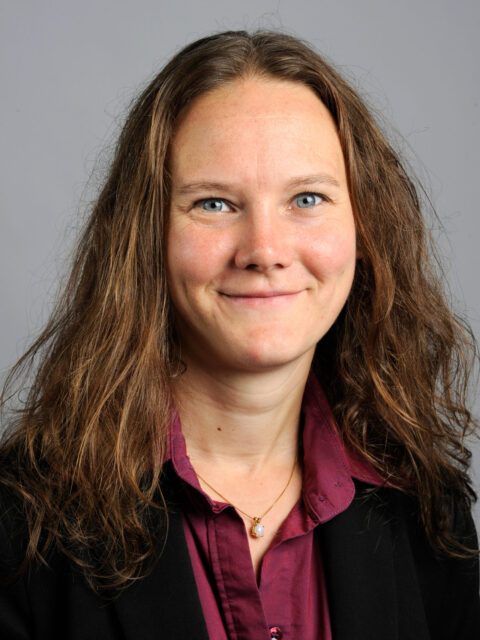
07 Jul Telluride Science Town Talks: “Engineering Cities of the Future.” 7/11!
This coming week the 2023 Telluride Science Town Talks series continues with Dr. Amy Mueller on “Engineering Cities of the Future.” The event takes place July 11, 6:30 pm, at the Telluride Conference Center in Mountain Village. Town Talks are FREE and open to the public.
Visit telluridescience.org to learn more about Telluride Science and the capital campaign to transform the historic Telluride Depot into the Telluride Science & Innovation Center. The venue will be permanent home for Telluride Science and a global hub of inspired knowledge exchange and development where great minds get to solve great challenges.
The 2023 Telluride Science Town Talks series is being presented by Alpine Bank with additional support from the Telluride Mountain Village Owner’s Association.
Go here for more on Telluride Science.
Go here for more on Town Talks.

Did you know our cities are responsible for about 75% of global greenhouse gas emissions?
No wonder there is a demand for environmental recovery within urban settings, with wastewater, air quality, transportation, and more sustainable buildings leading the list of urgent initiatives. Projects such as those are the focus of Dr. Amy Mueller’s work and the subject of her upcoming Telluride Science Town Talk on Tuesday, July 11, titled “Engineering Cities of the Future.”
Mueller’s ongoing work is designed to remix existing urban systems, resulting in new and innovative approaches that address long-time infrastructure challenges all too many cities have faced for all too long.
What’s more, most big cities in the US are now being tasked by the EPA today to think about how to clean up stormwater due to a decades-long quest for them to separate wastewater sewers from stormwater drains. In alignment with that demand, the focus of ongoing research at one of Mueller’s labs is to assess the effectiveness of an underground device designed to filter stormwater. New infrastructure like that could be part of a solution to the future of stormwater, protecting our lakes, parks, and other natural resources.
Mueller’s lab is also participating in Common SENSES (Standards for Enacting Sensor Networks for an Equitable Society), which uses information from sensors developed and placed in localized urban environments. Those devices evaluate small-scale environmental data and also monitor the impacts of construction on phenomena such as temperature, humidity, pollution, groundwater levels, and air and water flow. That is important because such knowledge allows architects and their associates to diagnose specific small-scale solutions such as traffic mitigation and green-space placement to create city-wide change.
Bottom line, Mueller’s lab at Northeastern is seeking a variety of solutions through data collection, engineering and conversation to help designs more sustainable cities of the future. Mueller describes her various projects in the aggregate as “running in parallel with each other.” Its mission? To “facilitate the implementation of solutions that let us build civilization in a way we can be more in tune with the environment.”
Amy Mueller more:

Mueller was able to transform her technical background into a deeply satisfying career. Specifically, she teaches Marine and Environmental Science and Environmental Civil Engineering at Northeastern University, describing the intersection of these two disciplines as “that interplay of how do we as a human society live on this planet without that being an antagonistic relationship.”
Mueller’s goal? She hopes to shine a light on the hidden parts of cities, the natural and engineered networks people might not see or think about. Understanding the function of these systems is crucial moving forward in a greener, cleaner way.
“If we understand better how we have built cities and what are all the things that are there and why they are there, then we can start to unpack and ask what are the functions we are trying to achieve? Can we do it differently? What might be the cascade of changes that could happen?
We are all at the beginning of this journey. It is comforting to know effective and efficient methods for consequential change are on the horizon.


Sorry, the comment form is closed at this time.